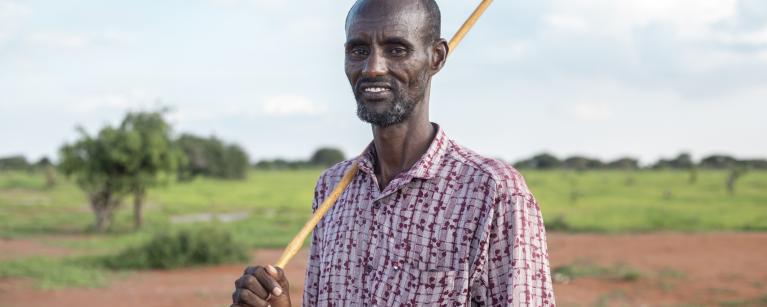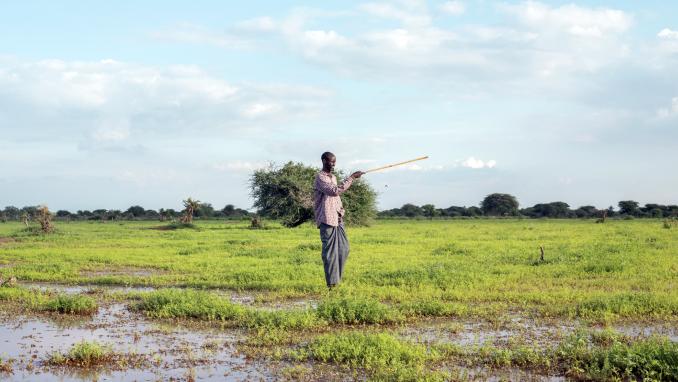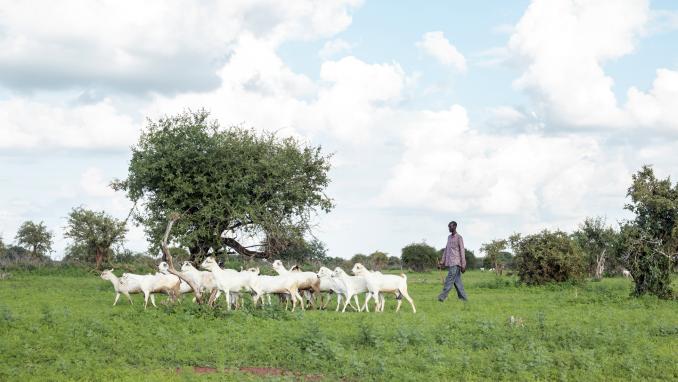“We used to get adequate rainfall every three months. Now, we get rainfall for a month throughout the year.”
“I was living a good life before the drought. The land had good rain and pasture for our animals. I would sell my livestock to provide for my family and pay for my children's education. After the drought, I was left stranded.”
Climate change has adversely affected the world at large. Wajir County has experienced adverse weather changes in a short time and it has caused more harm than good.
“We used to get adequate rainfall every three months. Now, we get rainfall for a month throughout the year. Unfortunately, that does not equate to food availability for us. Most times heavy rainfall in this region has meant heavy flooding that leads to further destruction.”
Drought-affected rural communities like Ahmed are the human face of the global climate emergency. Yet assistance often reaches them too late – when they’ve been forced to leave their homes and get exposed to physical, psycho-social and other health risks. In rural areas of Wajir, Oxfam is working with WASDA under the ASAL Humanitarian Network, to build resilience within the local communities in the face of the climate crisis.
The emergency cash assistance to communities affected by the drought is helping thousands meet their immediate food needs and protect their livelihoods which vary from household to household. The cash assistance has enabled humanitarian actors to give aid to the people who need it the most in a transparent and accountable manner.
For Ahmed, cash transfers give him more options to look after her family in the middle of a climate disaster.
The Arid and Semi-Arid Counties in Kenya are prone to recurrent disasters ranging from drought, conflict, floods, and disease outbreaks. Rains have failed for five years consecutively, resulting in acute hunger and extreme vulnerability of local communities.
Over 5.4 million people now, are in dire need of food and water aid in Kenya. The communities in these regions are pastoralists and rear animals for livelihood. Now, they are on the brink of complete destitution and death is staring, following the longest drought ever witnessed in over four decades. Livestock have been decimated with those that have survived struggling to cope. More support is needed to put an end to this severe crisis. Please consider donating to ensure this work continues.


